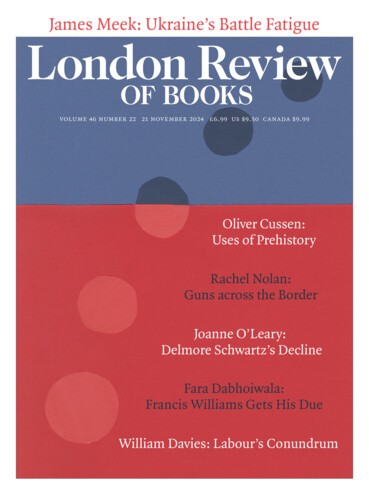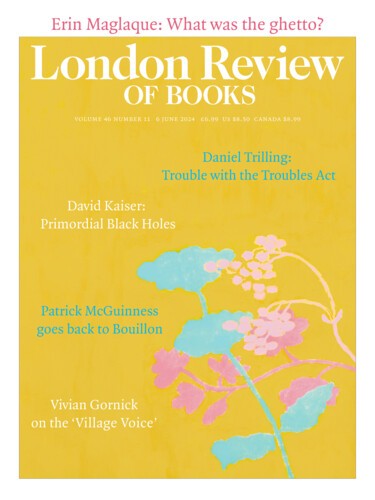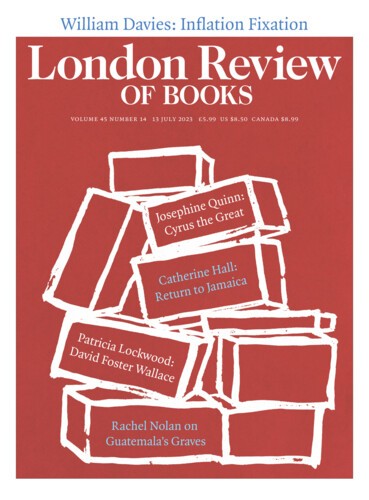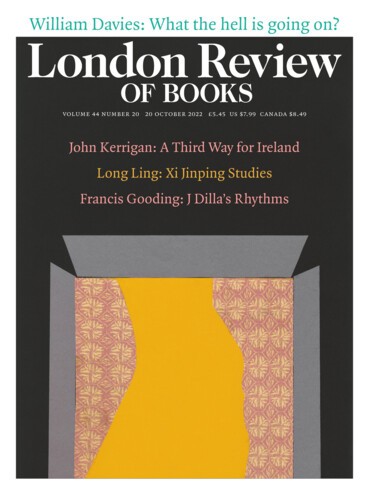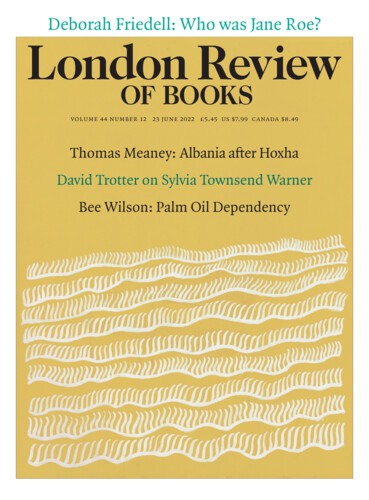On the Iron River: Guns across the Border
Rachel Nolan, 21 November 2024
There are only two gun stores in Mexico. Throughout the enormous country, which takes three full days to cross by car from top to bottom if you don’t stop, the only places you can legally buy a gun are a shop on a military base in the capital and a shop on another military base in the large northern city of Monterrey. It’s not advisable to drive straight through Mexico any more,...
